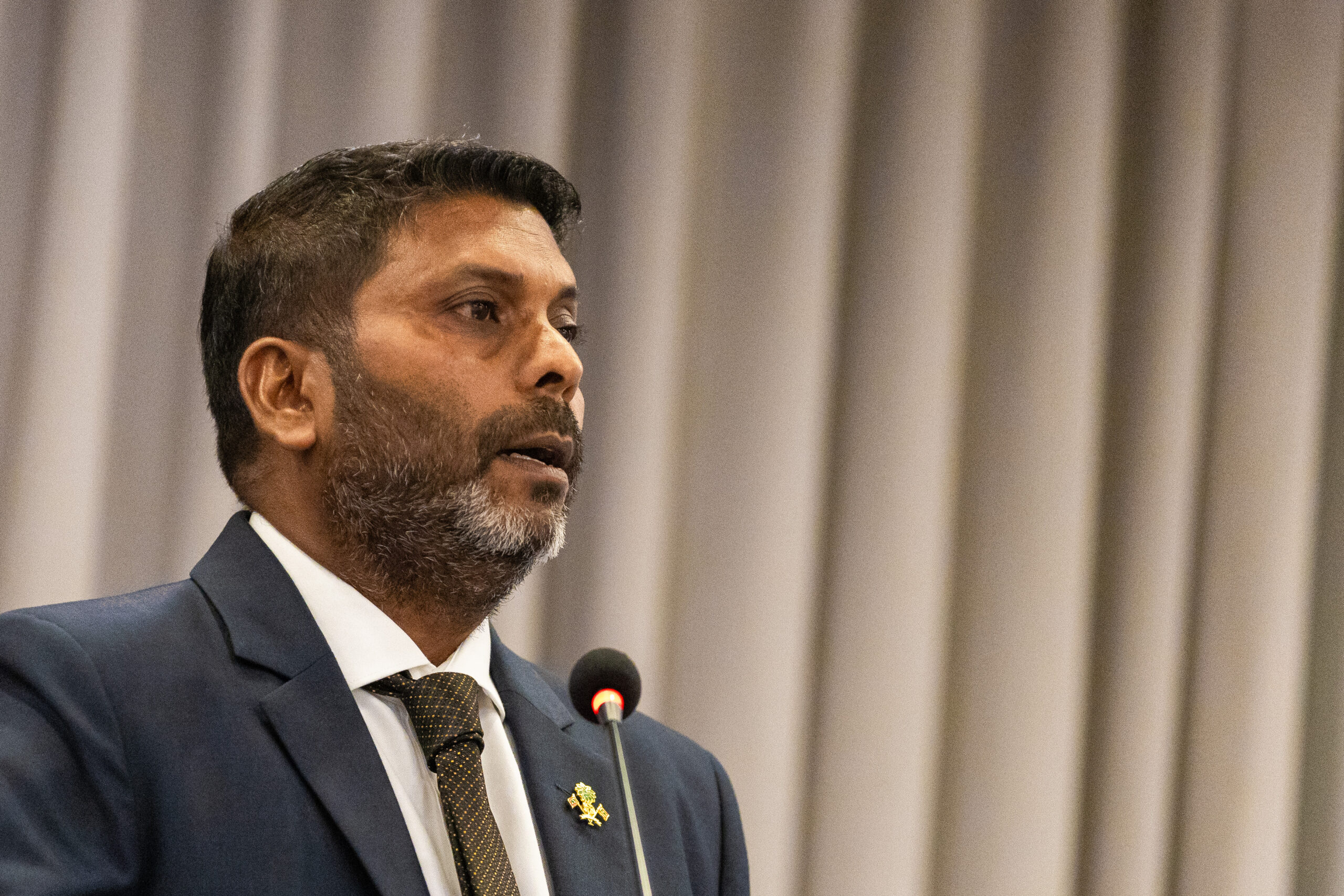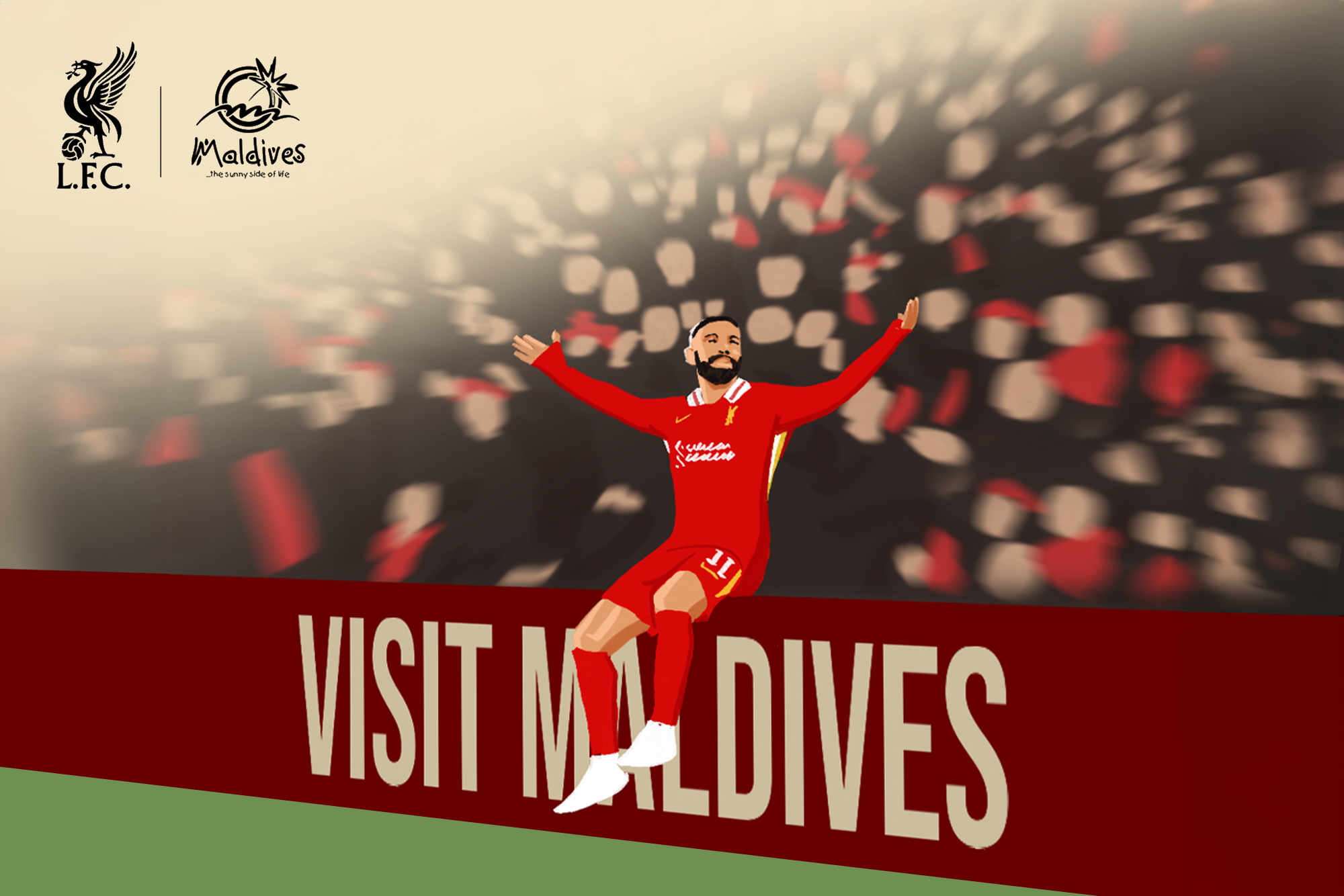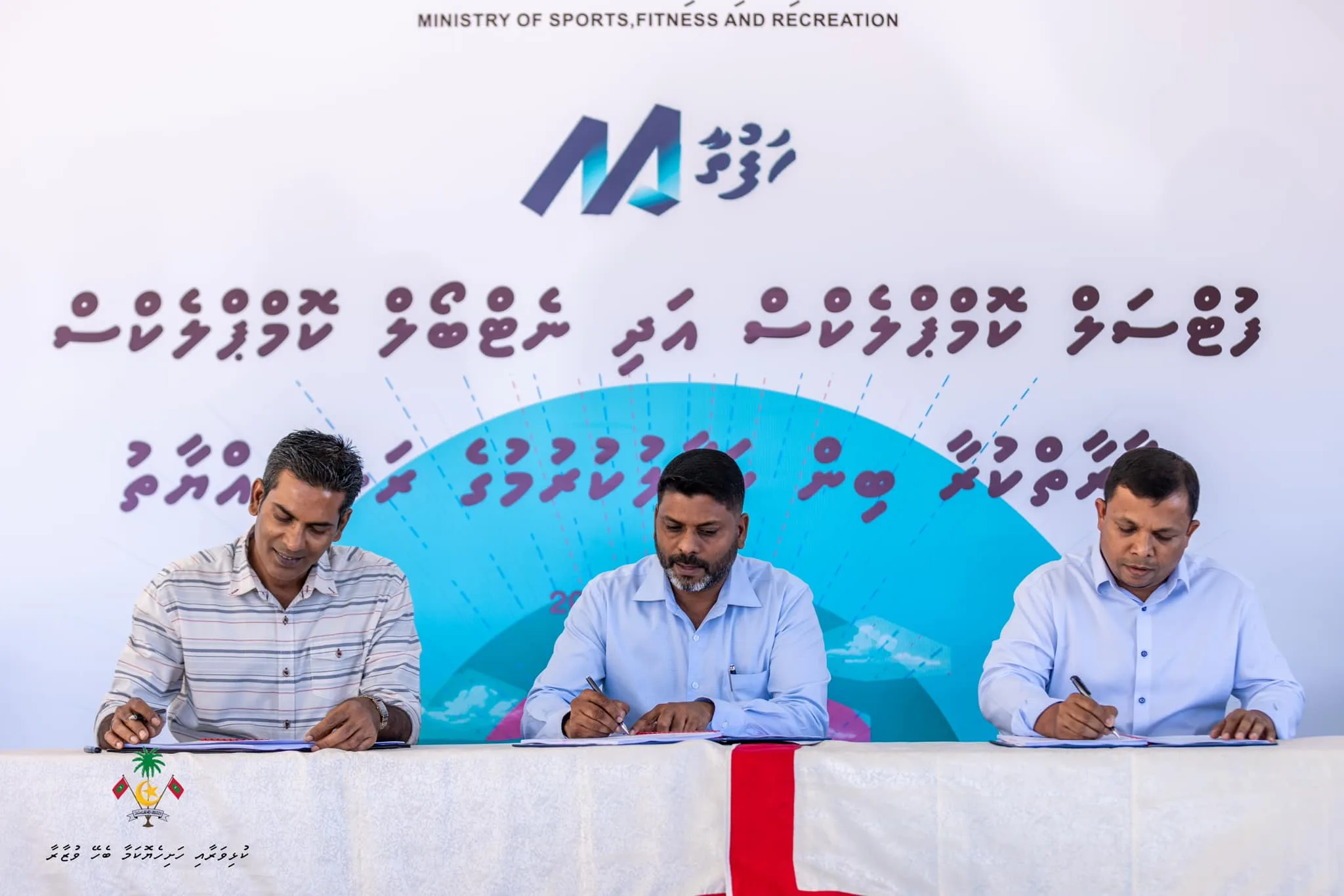A recalibration of Maldivian sport is now underway — not just through infrastructure and investment, but through a wider effort to resolve the structural gaps that have long shaped how sport is organized and delivered.
At the heart of this effort is Minister Abdulla Rafiu, who recently laid out the government’s thinking in an interview with Public Service Media.
Among the reforms now in motion is the amendment of the Sports Act, currently tabled in parliament. Rafiu’s remarks, drawn directly from the transcript, outline a coordinated push to strengthen governance, expand regional participation, and bring greater clarity to how sport is organized, funded and delivered across the Maldives.
Fixing the framework
One of the central issues identified by Rafiu is legal overlap. Civil associations involved in sport are registered at the Ministry of Youth, while formal sports associations fall under the Office of the Sports Commissioner. At the same time, multipurpose entities with sporting functions are often registered as businesses with the Ministry of Economic Development. Many share identical names, further complicating accountability.
The revised Sports Act will seek to resolve this. Rafiu described the direction as a “modified splits model”, aimed at clearly segmenting and governing the different organisational types. A central feature of the new model will be the establishment of regional associations from the Atolls, with formal voting rights and governance roles. The intent, he said, is to expand sporting legitimacy beyond the capital and create a structure that better reflects the country’s geographic and demographic reality.
New institutions, local mechanisms
Alongside administrative restructuring, the ministry is preparing several new mechanisms to support both elite performance and legal access.
The national sports fund, announced last year, is set to be managed independently with the aim of financing high-performance athletes across the country. In parallel, an anti-doping agency will be established as a standalone body, independent from the current oversight framework.
Rafiu also confirmed the introduction of a domestic arbitration mechanism. This is intended to help athletes and associations settle disputes without having to rely on expensive international bodies such as the Court of Arbitration for Sport. “Right now, most athletes cannot afford that,” he said.
These structural changes, he added, have already gone through rounds of discussion with associations, clubs, the Maldives Olympic Committee, parliament committee members and several key figures from within the sports sector.
Infrastructure remains unevenly distributed across the country — a challenge Rafiu says is being addressed through data-led planning. The ministry has collected participation and performance data on student athletes to help determine which sports are active and preferred by islands in different parts of the country.
The government is planning to roll out fitness centres on every inhabited island within the next two years. These centres will include indoor gyms, outdoor fitness spaces, board game areas, and group-based aerobic programmes.
The objectives are twofold: to improve physical and mental wellbeing across the country, and to lay the foundation for long-term community engagement with sport. In urban centres, indoor sports facilities and multi-sport complexes are also on the way, with contracts scheduled to be signed within the year, revealed the Minister.
Human capital over concrete
When asked about the future of current infrastructure projects, Rafiu said the ministry has no intention of halting progress. However, he acknowledged that many projects will require budget extensions to be completed. “We revive halted projects. We do not pause them,” he said.
Still, Rafiu emphasised that the long-term challenge is not just physical infrastructure, but the human capital needed to sustain it. While public requests often focus on buildings and playing fields, the system continues to face a shortage of trained referees, coaches and officials — an issue now affecting the regularity and quality of tournaments across the country.
To address this, a handball coaching programme is set to launch in Addu and will expand to other atolls. The initiative is part of a broader strategy to ensure that every island has access not just to facilities, but to trained professionals capable of delivering sport in a structured and sustainable way.
Global partnerships
Rafiu also outlined recent efforts to strengthen Maldivian sport through international partnerships. Talks have been held with Leeds University to explore ways to develop support staff — including conditional coaches, physiotherapists, sports psychologists and other medical professionals. Scholarships and course-based exchanges are under consideration.
In the endurance sports space, the ministry is looking to build links with institutions in West Yorkshire, known for its strengths in swimming, cycling and marathon disciplines, says Rafiu. This could result in the creation of training camps for Maldivians in the UK, or joint development initiatives.
Discussions have also taken place with Liverpool FC’s academy and affiliated business associates. Topics ranged from junior team exchanges to the potential establishment of a Liverpool-aligned coaching presence in the Maldives. According to Rafiu, the government has asked for a set of minimum requirements to evaluate the feasibility of such a move.


 Ali Thameem
Ali Thameem








